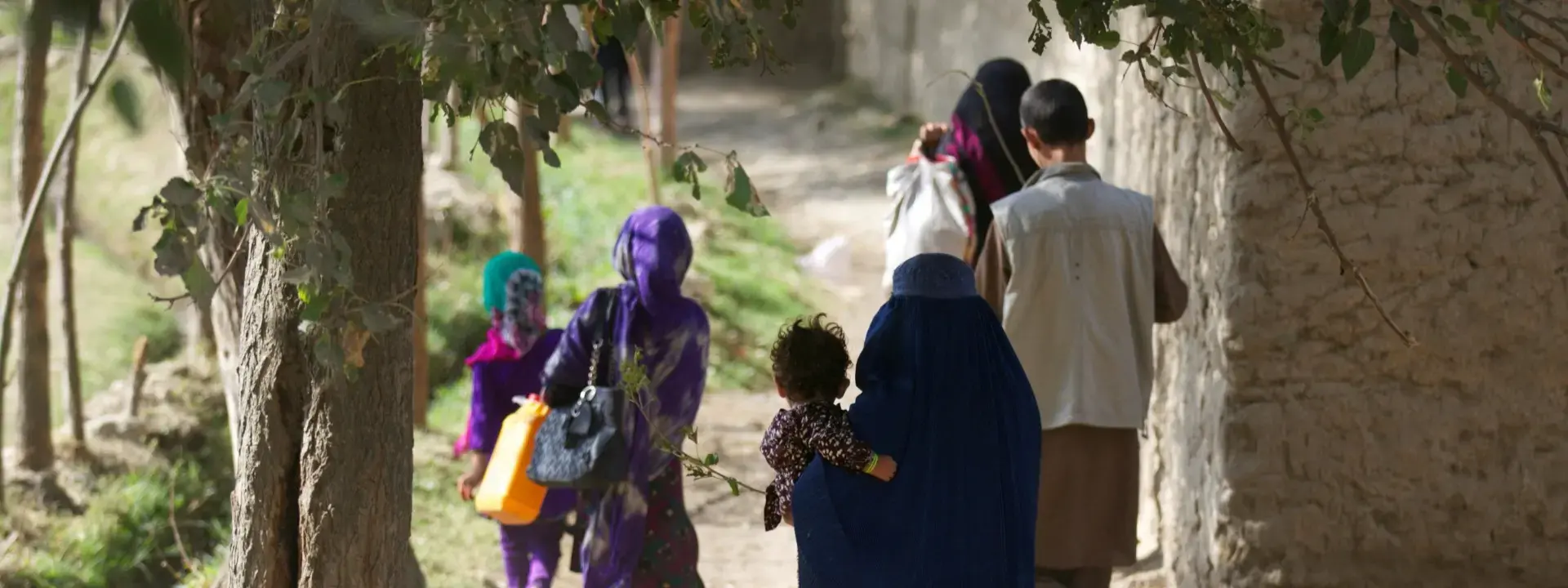Afghanistan continues to experience a complex and protracted humanitarian crisis, with rapid economic decline, pervasive and enduring poverty and climate shocks driving crisis levels of food insecurity and unprecedented hunger.
Millions of women in Afghanistan have little or no access to healthcare, and the country remains one of the most dangerous places in the world to give birth. One woman dies every two hours during pregnancy, childbirth or its aftermath from causes that are largely preventable with access to skilled care. The estimated 20,781 women who give birth each month in hard-to-reach areas of the country face particular challenges reaching hospitals or health facilities. Vital protection services for women and girls who are at risk of gender-based violence or have been subjected to it are also limited.
Working with local partners, UNFPA provides life-saving reproductive health services and mental health and psychosocial support to women across all 34 provinces of Afghanistan. With UNFPA’s support, Family Health Houses have been established across the country, which are staffed by community midwives to ensure safe births in remote areas. Mobile health teams also operate in most provinces, providing maternal and child healthcare while screening for malnutrition. Psychosocial Counseling Centres, located in provincial and district-level government hospitals, provide free, confidential health and psychosocial counseling services for women and girls. This comprehensive approach ensures that women receive essential health services, delivered by women, in a country where access to care can be a major challenge.


